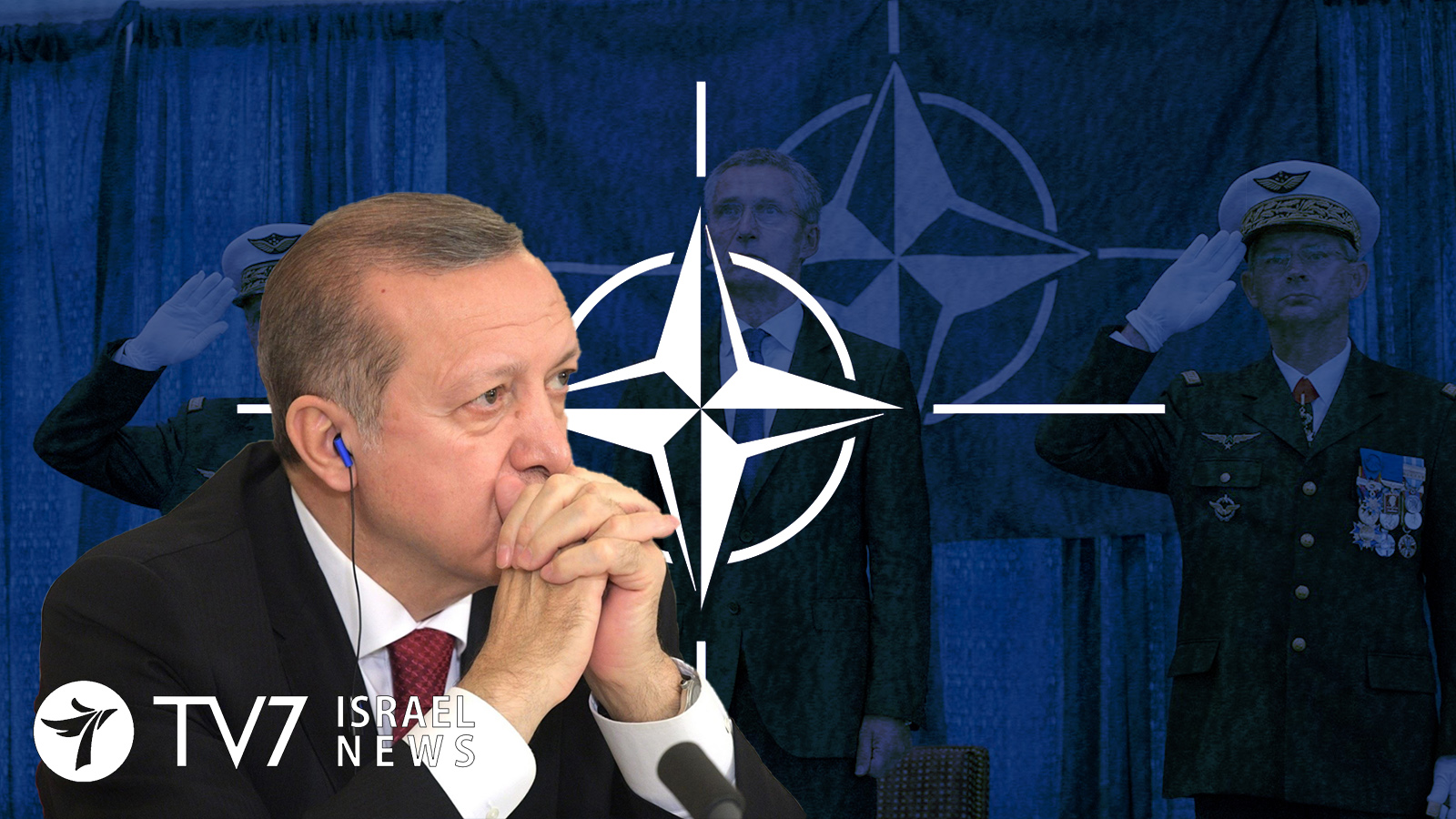Turkish President Recep Tayyip Erdogan has rejected allegations his country intends to occupy northern Syria. During a state visit to Azerbaijan, Erdogan lambasted the international community for the growing condemnation against his country’s military operation, and accused Europe of defending siding with terrorist organizations over Turkey, their NATO ally. “Dear brothers,” said Erdogan, “We’ve cleared Jarabulus from terrorists, as well – are there Turks there now?” He then answered, “No, its the true owners who are there,” questioning “Don’t they see this? European Union, don’t you see this? Arab League don’t you see this? Wasn’t it you who excluded Syria from the Arab League?”
Ankara’s growing frustration over both rhetoric and proactive actions directed by NATO members over the Syrian invasion have reached new heights. EU member states declared a limitation on weapons exports to Turkey, yet stopped short of implementing a bloc-wide embargo. According to EU Foreign Policy Chief Federica Mogherini, “The reason why this is not happening through a formal establishment of an arms embargo that goes through the procedural working groups and decision-making is, on one side, that this (suspension) mechanism allows for a more immediate decision-making that can be taken at national level and can be supervised and coordinated at European Union level. So it’s faster in its implementation.”
Luxembourg Foreign Minister Jean Asselborn emphasized that while each country will decide on its own, the united European move carries significant weight. “Formally, it was not possible to have an embargo, but all countries are committed to no longer deliver arms to Turkey,” said Asselborn, adding “Now, do not ask me right now what is happening with the ongoing contracts. It’s up to each country to see what they do.” He then stressed that “It is nevertheless a very strong decision.”
Following up on this decision, Italy has become the first European country to implement a ban on all arms exports to Turkey. Italian Foreign Minister Luigi Di Maio underscored Rome’s demand for a swift response to Turkey, saying “The block of weapon exports is a decision that we take as individual countries of the European Union, in line with the position taken yesterday from other member countries, because we want immediate action, given that a European ban would have taken months.”
Speaking from London, NATO Secretary General Jens Stoltenberg voiced “great concern” over the situation in Syria. Saying that “Turkey is important for NATO,” and “has proven important in many ways not least in the fight against Daesh,” the Arabic acronym for the Islamic State, Stoltenberg said “We have used, as a NATO allies, the global coalition, all of us have used infrastructure in Turkey, bases in Turkey in our operations to defeat Daesh.” He then emphasized that “that’s exactly the reason I am concerned about what is going on now. Because we risk undermining the unity we need in the fight against Daesh.”
